Rumours have been spread concerning the presumed intention of Narendra Modi’s government to rename India “Bharat.”
These rumours are fuelled by invites for a dinner party at the upcoming G-20 Summit in New Delhi expected to run from September 9 to 10 2023. The invites asked people to join the “President of Bharat” for dinner with no reference to the name “India” on the card.
Two days after, reports had it that Mohan Bhagwat, chief of the Hindu nationalist organisation, Rashtriya Swayamsevak Sangh and an ideological mentor of the ruling Bharatiya Janata Party, made a speech suggesting that the country should use the word “Bharat” instead of “India.”
“At times, we use India so those who speak English will understand. But we must stop using this.
The name of the country Bharat will remain Bharat wherever you go in the world,” Bhagwat stated.
READ ALSO: Tinubu’s India Trip Secures Hinduja Group Investments After Lengthy Flight
Various Indian media reports tilt towards the possibility of the Modi government having the intention to change the country’s name during an upcoming “specialist session” of parliament. However, this still remains unverified.
While some senior BJP figures have expressed support for the rumoured name change, opposition politicians across India have reacted with criticism and ridicule.
The Indian Constitution, published in 1951, explicitly names the country as “India, that is Bharat,” establishing it as a Union of states. The issue of nomenclature was extensively debated after India gained independence in 1947.
In all official English documents for the country, including references to the Republic, its ministries, domestic and foreign correspondence, and descriptions of government figures as Indian leaders, the name “India” is used. Valid identity cards such as passports and voting cards also officially recognize “India” as the marker of citizenship.
However, documents published in Hindi, which is one of India’s 22 official languages alongside English, substitute “Bharat” for “India.”
The name “India” originated from the Sanskrit word for the Indus River, “sindhu,” and was introduced during British rule over India from 1858 to 1947. The name “Bharat” also has Sanskrit origins and appears in the ancient Hindu religious texts known as the Puranas.
These texts describe a vast landmass where humans reside, with one region of this landmass referred to as “Bharatavarsa.”
During the Mughal era, another commonly used name for the country emerged: “Hindustan,” which translates to “land of the Indus” in Persian. This term gained popularity and is frequently invoked by Hindu nationalists. However, it does not hold official recognition as India’s legal name in the constitution.
Calls for changing the country’s name have been ongoing for several years, but recent attention was sparked by the invitation card circulated which used the word “Bharat” instead of “India.” Right-wing leaders from Mr Modi’s BJP argue that “India” was imposed by British colonialists, symbolising slavery, and they see the name change as an attempt to reconnect with India’s Hindu heritage. Some of Mr Modi’s ministers have already replaced “India” with “Bharat” in their social media profiles.
However, the challenge lies in how to handle official documents, prominent national institutions, hospitals, colleges, and universities that currently use “India” in their names. Michael Kugelman, the director of the South Asia Institute at the Wilson Center in Washington, D.C., explains this as an effort to align modern India with a more suitable term, according to BJP’s perspective.
Two months ago, an opposition alliance named themselves “INDIA” before the Spring 2024 Indian general election, which might have influenced the focus on rebranding as “Bharat.” Ravinder Kaur, a historian of contemporary India, notes that India already has a dual name enshrined in the constitution. Article 1 of the Indian constitution begins with, “India, that is Bharat, shall be a Union of States.”
The debate over which name to use has stirred heated discussions on social media as well. Some criticised the move as undermining India’s principle of unity in diversity, while others praised it as anti-imperialist and aligned with India’s history.
Former Indian cricketer Virender Sehwag expressed support for the change, emphasising the need for a name that instils pride while acknowledging that “India” was a name imposed by the British colonial government. In the past, there have been court cases filed at India’s Supreme Court to change the country’s name to “Bharat,” but judges have refrained from intervening in the controversy.
However, the question of whether India’s name, for a fact, would be changed to “Bharat” remains uncertain.

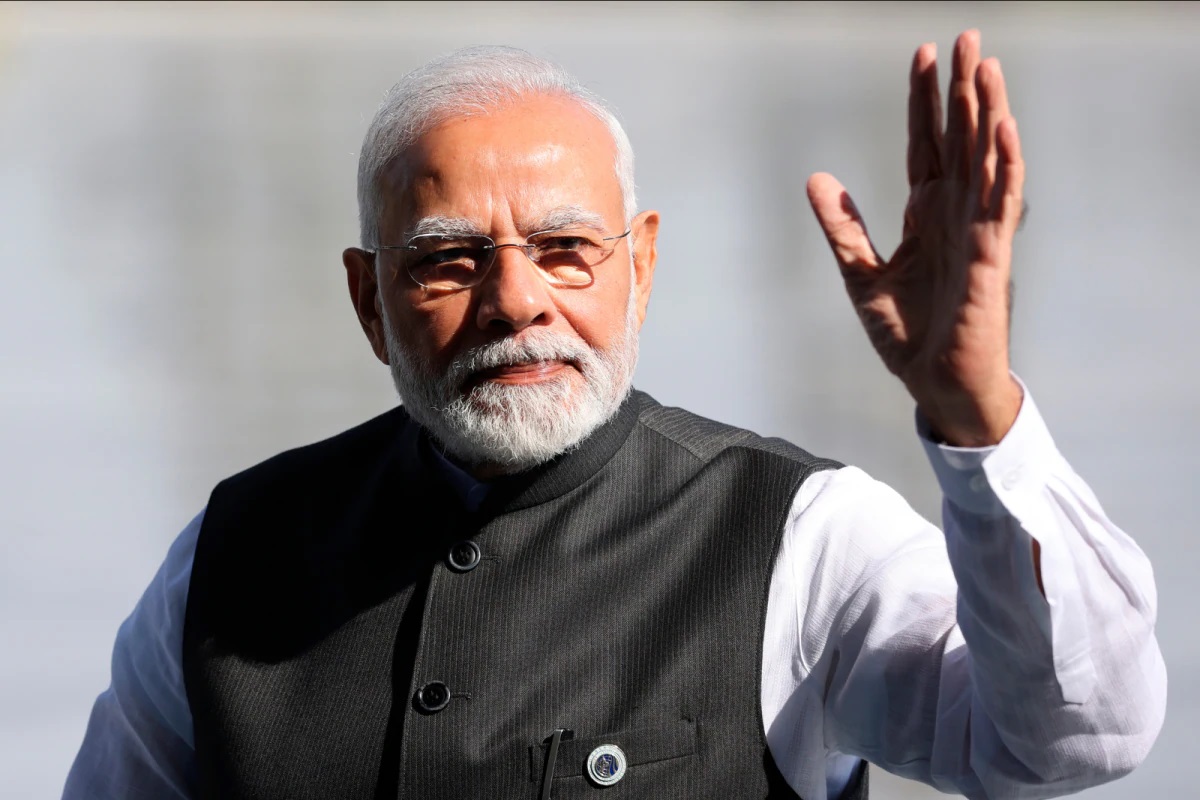


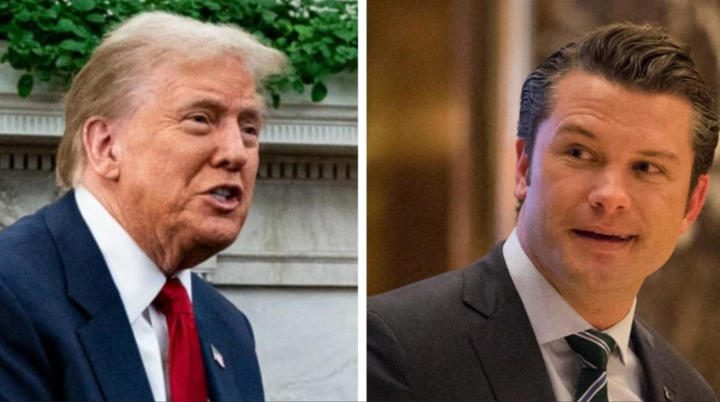
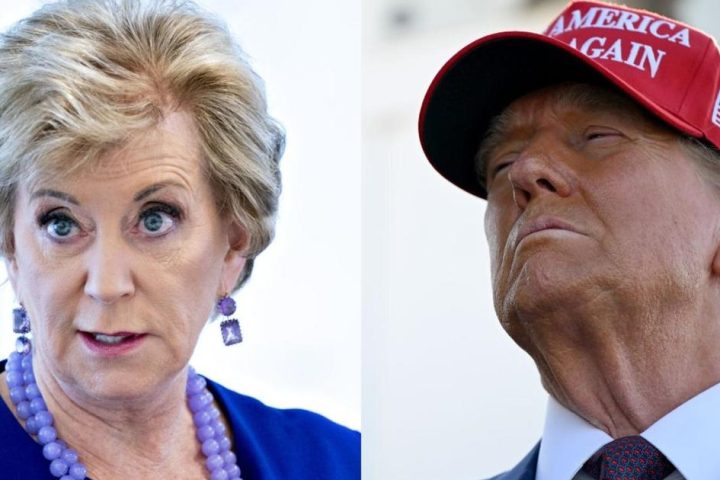
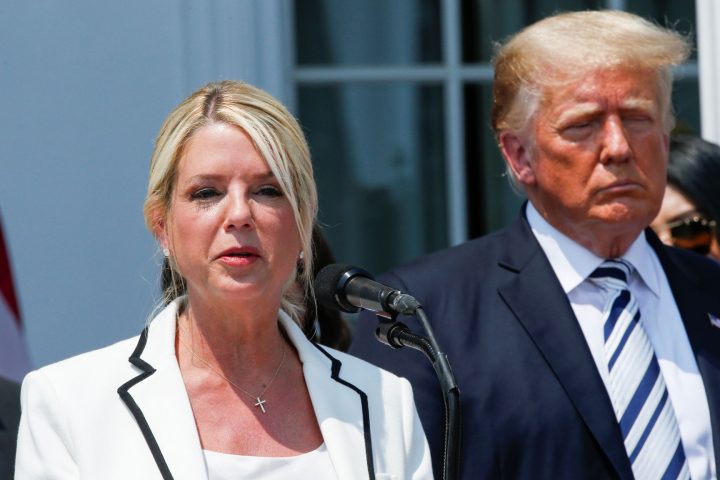

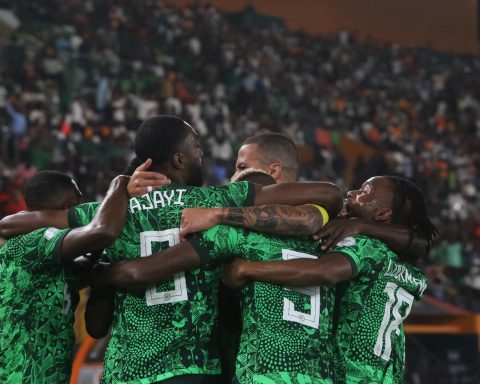
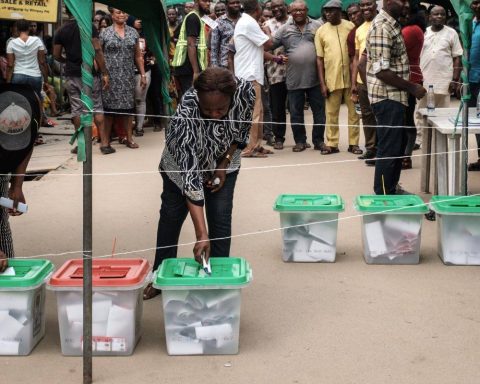
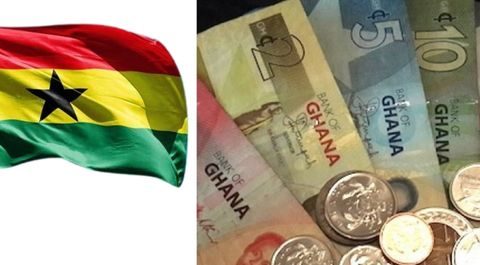




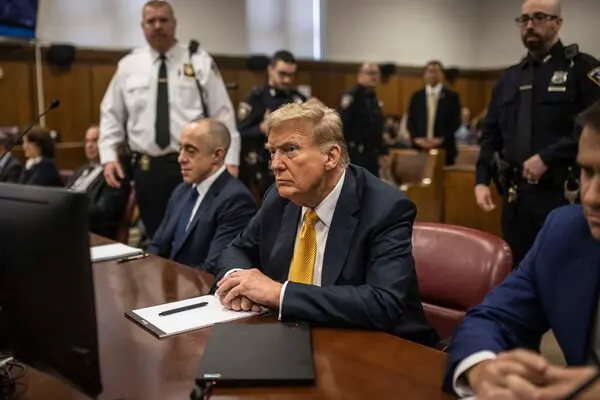

Follow Us